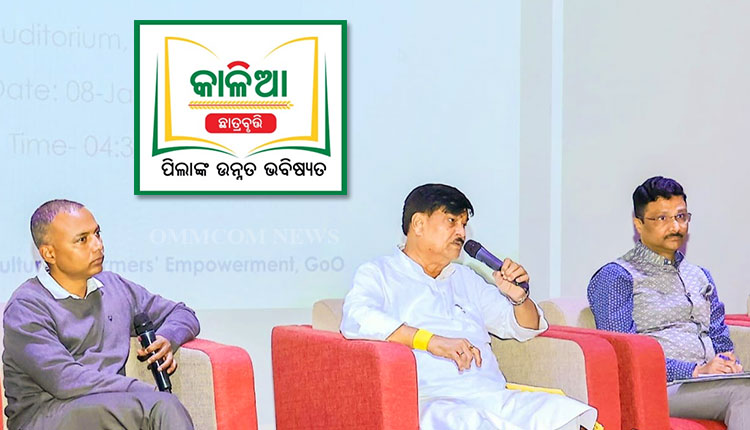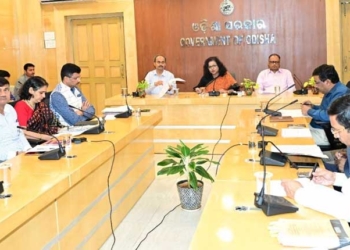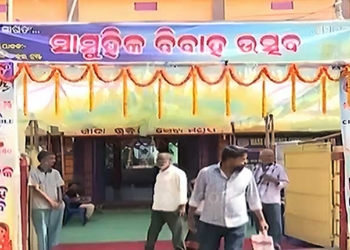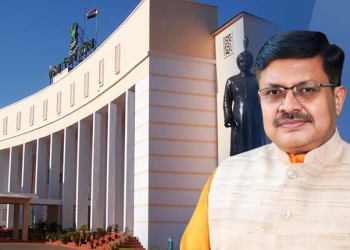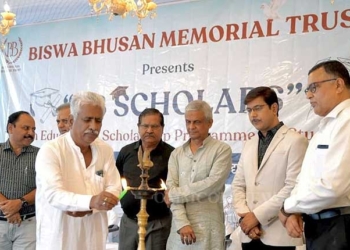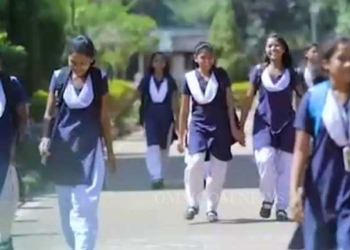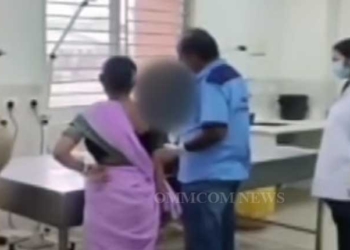Bhubaneswar: The registration for the KALIA Scholarship, aimed at enhancing accessibility to higher education for the children of small and marginal farmers and landless agricultural households in Odisha, is set to open from January 9 to 31, 2024, as announced by Agriculture & Farmers’ Empowerment Minister Ranendra Pratap Swain during a press conference at Krushi Bhavan today.
Expressing his commitment to the cause, Swain stated, “KALIA Scholarship program has been instrumental in providing opportunities for the deserving youth. We are particularly proud of how this scholarship has positively impacted the lives of the children of KALIA beneficiaries, opening doors to higher education that were once out of reach.”
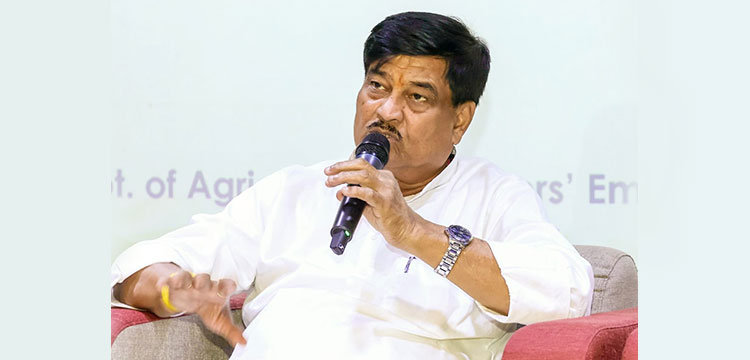
Highlighting the success of the program, he added, “The scholarship has already benefited 1789 students since its inception in the academic year 2021-22. This has not only elevated the educational aspirations of these students but has also contributed to the overall socio-economic development of the families involved in agriculture.”
Principal Secretary Dr. Arabinda Kumar Padhee, expressing his enthusiasm about the initiative, added, “The KALIA Scholarship has proven to be a transformative force in opening doors to higher education for deserving students. The enhancements made to the scholarship program, under the visionary guidance of Chief Minister Naveen Patnaik, reflect our commitment to ensuring that a broader spectrum of students can benefit from this initiative.”
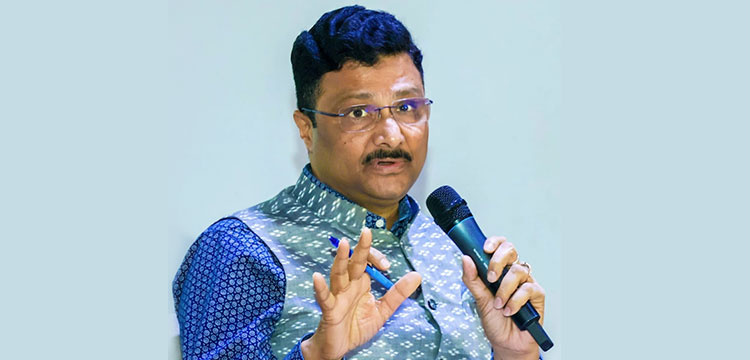
Present at the meeting were Director of Agriculture & Food Production Prem Chandra Chaudhary, and Director of Horticulture Rohit Kumar Lenka.
Minister Swain also informed that to secure the future of a larger number of students, the KALIA Scholarship guidelines have undergone modifications with the approval of Chief Minister Naveen Patnaik. The scholarship will now encompass a broader range of courses, including Engineering, Medical, Agriculture & Allied, Nursing, Diploma, and various trades in ITI. Additionally, it extends to premier institutions like IIT, NIT, AIIMS, IIM, ICAR, and others.
The modified KALIA Scholarship Guidelines encompass various provisions to support students pursuing technical and professional courses. Beyond government institutions, the scholarship extends its coverage to students enrolled in private institutes within the state that possess an AISHE code (All India Survey on Higher Education).
Moreover, the KALIA Scholarship encompasses students undertaking technical and professional courses in renowned institutes, both within and outside the state. This includes institutions of national importance such as NIT, IIT, IIM, AIIMS, ICAR (IARI IVRI, CIFE, NDRI), IISER, and NISER.
The scope of the scheme has been broadened to include Post-Graduate (PG) and Ph.D. courses in professional and technical fields. The duration for PG courses is capped at a maximum of two years, while Ph.D. courses are limited to four years. Notably, Ph.D. courses must be aligned with eligible post-graduation courses offered in government institutions within the state.
Additionally, the modified KALIA Scholarship now incorporates professional courses like BBA, BCA, MBA, and MCA among the approved courses. The course fees for students enrolled in government institutions will be based on actual expenses, while the scholarship amount for those in private and premier institutes will be disbursed according to the approved rates.
It is imperative to note that private institutions located outside the state are not eligible to participate in the KALIA Scholarship program. The application process for the scholarship is facilitated through the KALIA Scholarship portal ([https://scholarship.odisha.gov.in](https://scholarship.odisha.gov.in)), which opens twice a year – first during the months of July/August and secondly in November/December – providing students with the opportunity to apply online.
This initiative aims to extend financial benefits to maximize the number of students pursuing higher education, thereby supporting small and marginal farmers and landless agricultural households in empowering their families. The modified guidelines reflect a commitment to building the career paths of students across various professional and technical disciplines.




